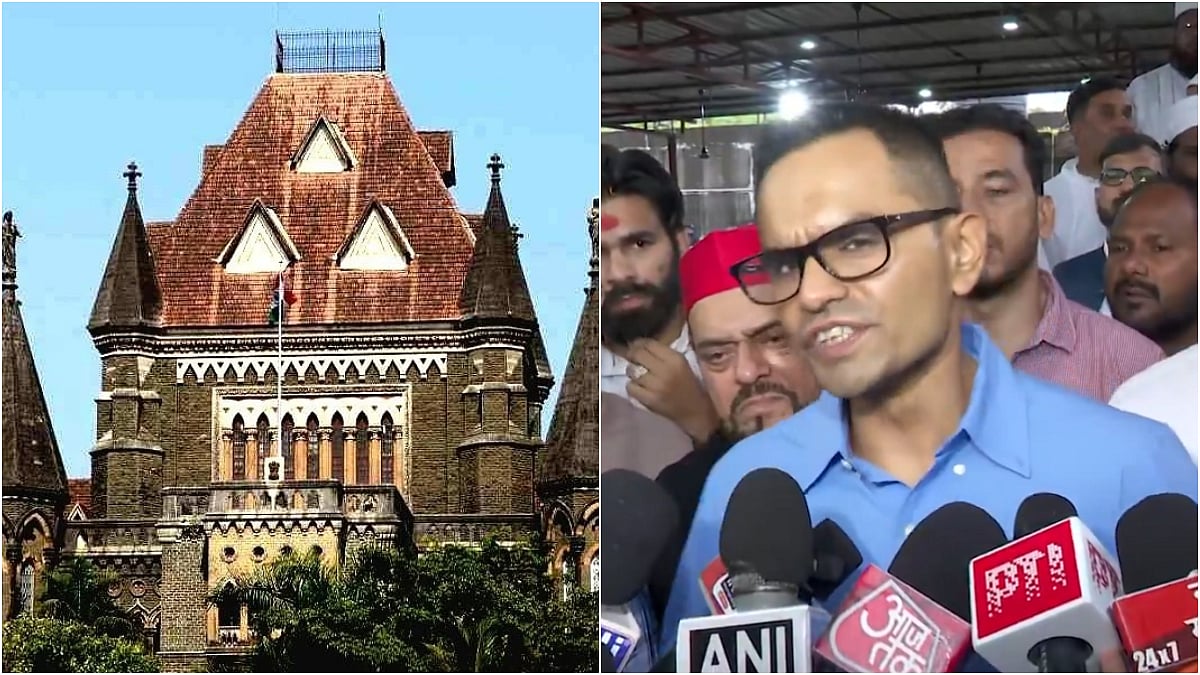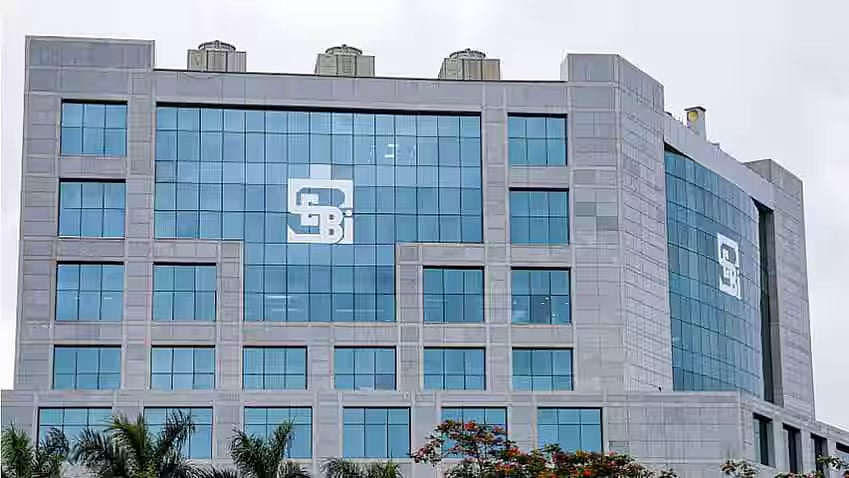Indian economy is passing through a challenging process of economic churning. A number of disruptive changes at various levels on both fronts, domestic and international, are happening simultaneously or one after another. Government’s big corporate tax reduction, a pleasant shock, reflects its suddenly felt urgency to deal with the persisting economic slowdown. When the supply chains are altering globally, the corporate tax cut is a measure that can get the supply chains to India. Enormous inertia in the economy was shook by measures like GST and the Insolvency & Banking Code and now by reduced corporate tax. We need more such measures to substantially change the Indian landscape.
It seems ironical that while the July 5 Budget though announced a Rs 100 trn infrastructure development, having run short of stakeholders’ high expectations, the same government within a period of one and a half months suddenly started taking pro-growth boosting measures. And not one but a series of them including some sector specific measures for housing and auto industry. A spate of reform measures by the FM are not the only ones but well-meaning measures are being taken by other ministries, government bodies, GST Council, SEBI and RBI. Procedural reforms are also being taken that would further improve the ease of doing business. One mega step has been to demystify risk by creating a “National Infrastructure Pipeline”. This will include greenfield and brownfield projects costing above Rs 100 crore each, offering a realistic assessment of whether to put money into stated projects or not. Private banks and NBFCs have agreed to join the credit outreach programme to promote credit disbursals, which was earlier limited to public sector banks. PSBs are to go on a lending spree and overlook non-repayments to support stressed MSME sector. A noticeable trend is that like the monetary policy has become a real-time policy, even the budgetary exercise is turning into the same. At present, both monetary policy and fiscal stimulus are working together to usher in economic turnaround. These measures are working. Stubborn dismal sentiments seem to be improving, giving rise to signs that the turnaround of the economy may not be far off. These ought to have been part and parcel of the budgetary proposals, which would have made it another dream budget.
Though growth has slowed from 7% to 5%, the growth potential and opportunities are rising, especially with digitisation and formalisation. Sensex is expected to touch 41,500 by March 2020. Not even the tip of the iceberg of opportunities has been scratched. India’s per capita income has risen from $1000 to $2000 during the last couple of years. Anecdotal experience of countries like Singapore, South Korea and China suggests that once the threshold of $2000 is crossed, the growth starts accelerating.
Indian economy is blessed with a number of engines of economic growth thanks to its diversity. Take any sector be it infrastructure, rural economy, aviation or tourism, a meaningful push can easily give a major boost to the country’s sustainable growth. Only policies have to be proper, holistic and not merely working in silos. A boost to tourism has started to show positive results, and many states have become proactive with the onset of this competitive race.
It is important to note that just as the Indian economy is diverse and heterogeneous and comprises markets of varying hues, in the same way recovery is also not uniform across sectors and segments. Manufacturing and agricultural sectors have been affected the most by the economic slowdown but the services sector has relatively stood strong, showing a very high appetite for credit. E-commerce companies like Amazon and Flipkart and some corporates have bucked the trend of economic slowdown by focusing on cost. No wonder, the employment situation is also not the same in all sectors.
Slashing corporate tax rates to lowest levels will not boost growth by itself as it has burnt a hole of Rs 1.45 lakh crore in government’s kitty. Even if assuming half of the exemptions go, the shortfall could be Rs 84,100 crore. For a government that is already running a revenue deficit of Rs 4.85 lakh crore or 2.3% of GDP, covering the additional gap would be a challenge. With nearly a fifth of government revenues going in interest payments and fixed expenses, it will indeed be a tightrope walk. Money is being injected in the system through GST reforms, RBI dividends and public sector divestments. Infrastructure investments will have to be prioritised. A stronger bond market has become a necessity to meet the needs of our burgeoning economy to reach its bold ambition of becoming a $ 5-trn economy by 2024. Time is opportune now when an environment of low to negative interest rate prevails around the world.
If one were to rank economic reforms in terms of significance since the Balance of Payments crisis in 1991, the GST and the Insolvency and Bankruptcy Code would top the list. The essence of these is to bring about qualitative growth and efficient allocation of capital. Focus is also on corporate governance issues. Priority reforms should now be factor reforms—land, labour and capital. Compliance requirements for corporates and investments have become burdensome which need to be replaced by such regulations that exude the spirit of such regulation that are suitable for a liberalized environment. As disruptive changes are likely to continue both on the external as well as domestic front, Indian economy will have to be ready to deal with future sunrise and sunset industries. On the policies front, an independent body like the GST Council needs to be established. Only if properly studied, cohesive, structural and counter-cyclical policies get implemented, only then it may be possible to make our economy a $ 5-trn one by next five years.
The writer is an economist, and a former director of Economic Research & Training Foundation.
-By Kiran Nanda









